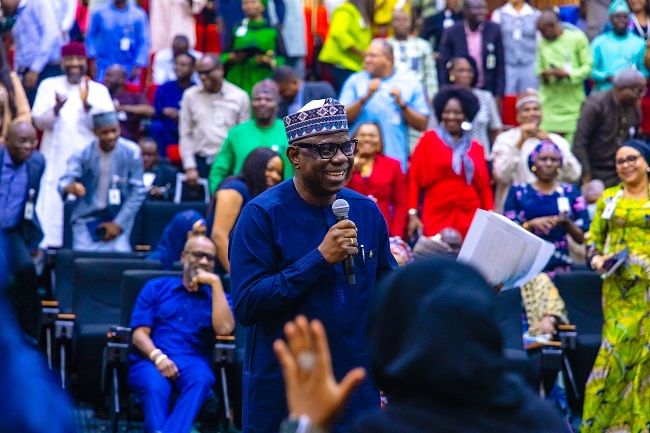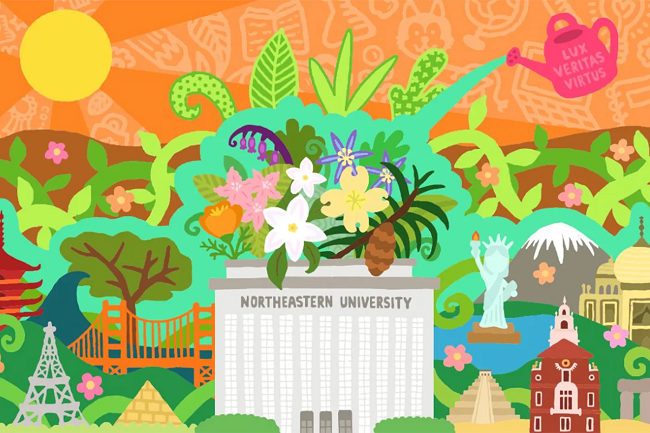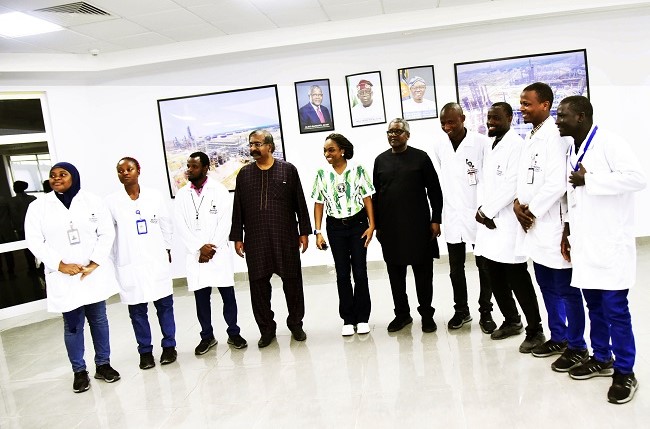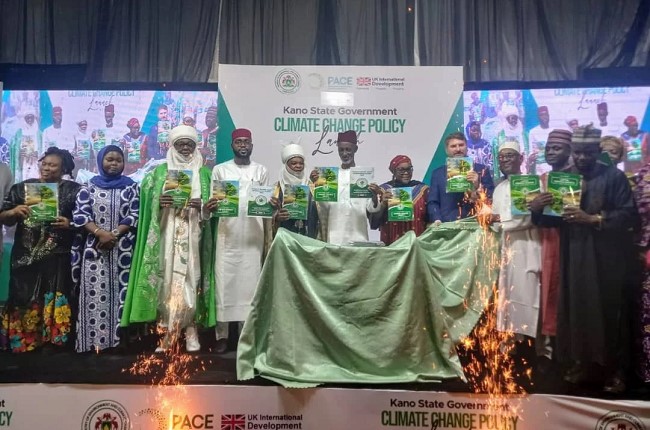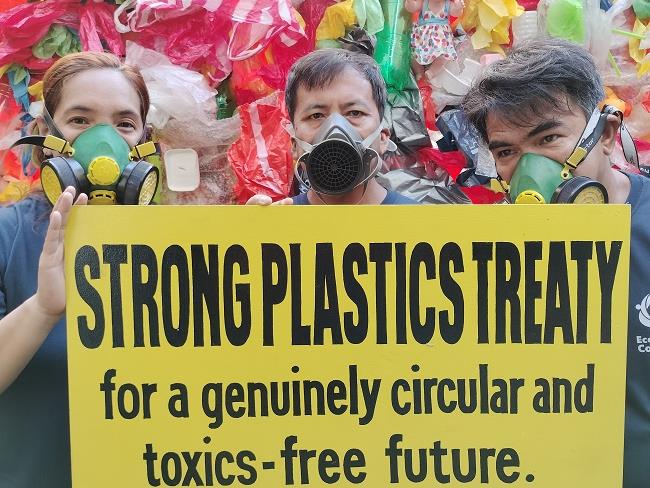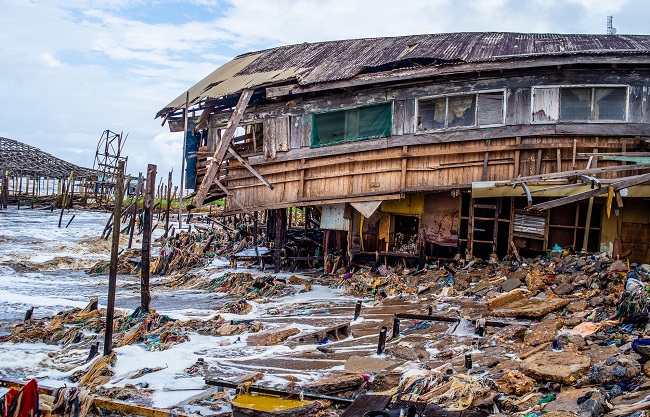Southeast and East Asia plays a central role in the global effort to tackle plastic pollution, given its substantial share of the global economy, strategic position in plastics value chains and rapidly rising plastics demand, according to a new OECD report.
The Regional Plastics Outlook for Southeast and East Asia – focusing on ASEAN Plus Three (APT) countries, comprising the 10 ASEAN Member States as well as the People’s Republic of China (China), Japan and Korea – shows that plastics use in the region has surged almost nine-fold since 1990, reaching 152 million tonnes (Mt) in 2022.
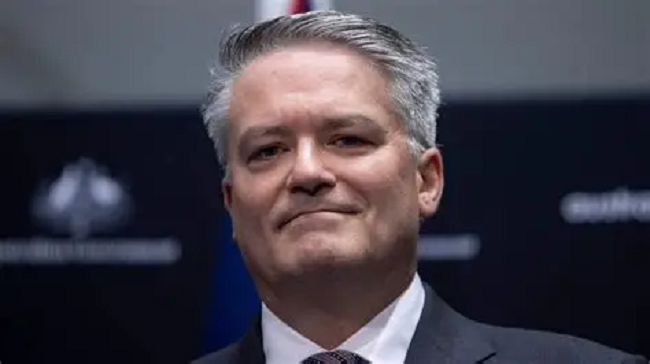
The region now accounts for almost one-third of global plastics use, with annual per capita use ranging from 32 kg in lower middle-income countries to over 100 kg in many upper middle- and high-income countries in the APT region. In 2022, the region leaked 8.4 Mt of plastics into the environment – over one-third of the global total, including 3.5 Mt from ASEAN Member States and 4.9 Mt from China. Plastic leakage refers to any plastic that enters the terrestrial or aquatic environment, resulting from inadequate collection and disposal. This includes plastic waste, such as packaging or beverage cups, that is littered or openly dumped.
The report finds that by 2050, plastics use is projected to reach 280 Mt per year, with plastic leakage projected to increase by 68% to 14.1 Mt per year. The report presents a High Stringency scenario that shows how comprehensive action across the plastic lifecycle could reduce use by 28%, more than quadruple regional recycling rates to 54%, and reduce mismanaged waste by 97% in the region by 2050, compared to Baseline projections.
“Southeast and East Asia can become a global model in tackling plastic pollution and advancing circular economy solutions for plastic waste,” said OECD Secretary-General, Mathias Cormann. “With stronger regional co-operation, ambitious policies and targeted investments, the region can almost completely eliminate plastic leakage by 2050, delivering lasting benefits for people, the environment and the global economy.”
The estimated macroeconomic cost of a High Stringency scenario – equivalent to 0.8% of regional GDP in 2050 – is unevenly distributed. ASEAN lower middle-income countries face a steeper cost (2.8% of GDP on average), underscoring the need for enhanced regional co-operation and international support.
Despite challenges, including rising waste generation that outpaces waste management in a region that is highly diverse in terms of income levels, plastics use and capacity to manage it, significant progress is being made. Most APT countries have adopted national action plans on plastic pollution and stepped-up regional co-operation. The average recycling rate in the region (12%) already exceeds the global average (10%), and efforts are underway to improve waste segregation at source, reduce littering and increase the use of recycled materials in manufacturing.
Effective strategies can be further tailored to local contexts and supported by investments in waste collection and recycling infrastructure, stronger regulatory frameworks, clear policy signals to unlock investments and support for the integration of informal waste workers.
The report was launched during a Green Talk LIVE webinar on Wednesday, July 30, 2025.


